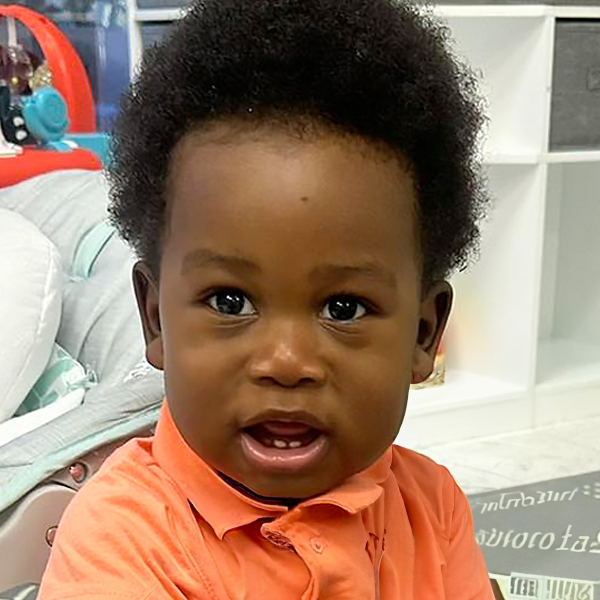As parents, we all want what’s best for our children. We want them to grow up to be responsible, respectful, and kind individuals. However, navigating the turbulent waters of child behavior problems can often leave us feeling overwhelmed and unsure of how to effectively discipline our little ones, especially those between the ages of 2 and 5. But fear not, for there are simple yet powerful strategies that can help guide us through this challenging journey.
Show and Tell:
Children at this age are like sponges, absorbing everything around them. One of the most effective ways to teach them right from wrong is by demonstrating appropriate behavior ourselves. Show them through your actions and tell them in calm, simple words why certain behaviors are not acceptable. For example, instead of yelling when they misbehave, calmly explain why their actions are not okay.
Set Limits:
Children thrive on structure and routine. Establish clear and consistent rules that your children can understand and follow. Keep the rules simple and age-appropriate, and be consistent in enforcing them. This helps children feel secure and understand what is expected of them.
Give Consequences:
When rules are broken, it’s important to follow through with appropriate consequences. However, it’s crucial to ensure that the consequences are logical and related to the misbehavior. For example, if a child refuses to clean up their toys, they may lose the privilege of playing with them for a set period of time.
Hear Them Out:
It’s essential to listen to your child’s perspective, even when they are misbehaving. Take the time to understand why they are acting out and address any underlying issues or emotions they may be experiencing. This not only helps them feel heard and valued but also teaches them important communication skills.
Give Them Your Attention:
Children crave attention, whether it’s positive or negative. By giving them your undivided attention during moments of good behavior, you reinforce positive actions and encourage them to continue behaving well.
Catch Them Being Good:
Instead of solely focusing on negative behaviors, make an effort to catch your child being good. Praise and reward them for positive actions and choices, no matter how small. This helps build their self-esteem and encourages them to repeat the desired behavior.
Know When Not to Respond:
Not all behavior warrants a reaction. Sometimes, ignoring minor misbehaviors can be more effective than giving them attention. Choose your battles wisely and reserve your responses for behaviors that are truly unacceptable or dangerous.
Be Prepared for Trouble:
Lastly, it’s important to anticipate potential trouble spots and proactively address them. Whether it’s setting up a designated play area or establishing a bedtime routine, being prepared can help minimize behavioral issues before they escalate.
Disciplining a child with behavior problems can be a challenging task, but with patience, consistency, and the right strategies, it is possible to navigate these waters successfully. By implementing the tips outlined above and approaching discipline with love and understanding, we can help our young children learn and grow into responsible and respectful individuals. Remember, it’s not just about correcting behavior; it’s about nurturing and guiding our children to become the best versions of themselves.






